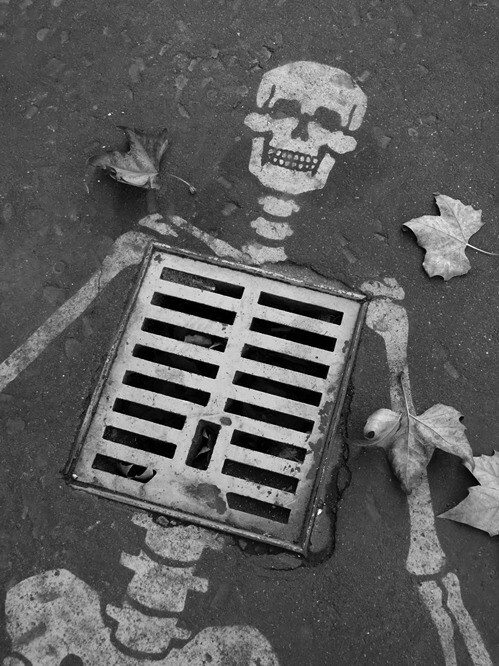I watch a lot of commentary channels on YouTube. My feed is filled with hot takes on the latest online trends and happenings, often dealing with topics like racism, sexism, abuse, and harassment. More and more, I’ve noticed YouTubers bleeping (or rather muting) words that might be flagged as being “advertiser unfriendly” and get their videos demonetized. Sometimes that’s profanity, but more often it’s words like abuse, Holocaust, kill, suicide, sexual, and abortion. Words that aren’t inherently ‘bad’ but that brands wouldn’t want to be associated with videos containing them. Similarly, TikTok creators change the spelling of words or use other terms in their speech and captions to avoid filters there.
At the same time, I heard someone comment on how they keep hearing people in real life say ‘unalive’ rather than ‘suicide’, with the former being a word often used to avoid filters. There’s no doubt that online terminology creeps into our real lives. We use words and phrases that originate online in our speech vocabulary and they become a part of our culture.
Lately I’ve had this creeping concern that the filtering of words that advertisers don’t like will have a larger societal implication on kids growing up right now. I fear that they’ll view normal words like abuse as ‘bad’ and avoid using them because creators online can’t use them, and that the fight for abortion rights will be hindered because the very word abortion can’t be said in videos. Maybe I’m overthinking it or being too much of a downer but every time I watch a video that removes a normal, innocent word, it makes me wonder what that means for society.
Do you think that advertisers and platforms discouraging words and topics which can be controversial will have larger effects on society?


Yes. Changing language arguably changes how and what we think. At least that’s one of the main points of the woke people, of the people who want you to say indigenous people instead of something else, and it has also been explored in novels like 1984 where it (changing language) gets a political spin. I’d say there is truth to it.
Non-friendly topics are even worse. People like to hate on other nations for censoring information on the internet. We let good ol’ capitalism do the job. We don’t censor explicitly. Just nudge creators to say what we seem appropriate. Take away money and visibility once they stick out, pushing them around and into submission.
And it’s not democratic. It’s just to accommodate the rich companies that pay for the ads / the income for the video platform.
Hey, it’s absolutely democratic! One dollar, one vote!
https://youtube.com/watch?v=-RW-BoCydQw (A Night at the Roxbury scene where they bribe the bouncer with their “friend George Washington”)